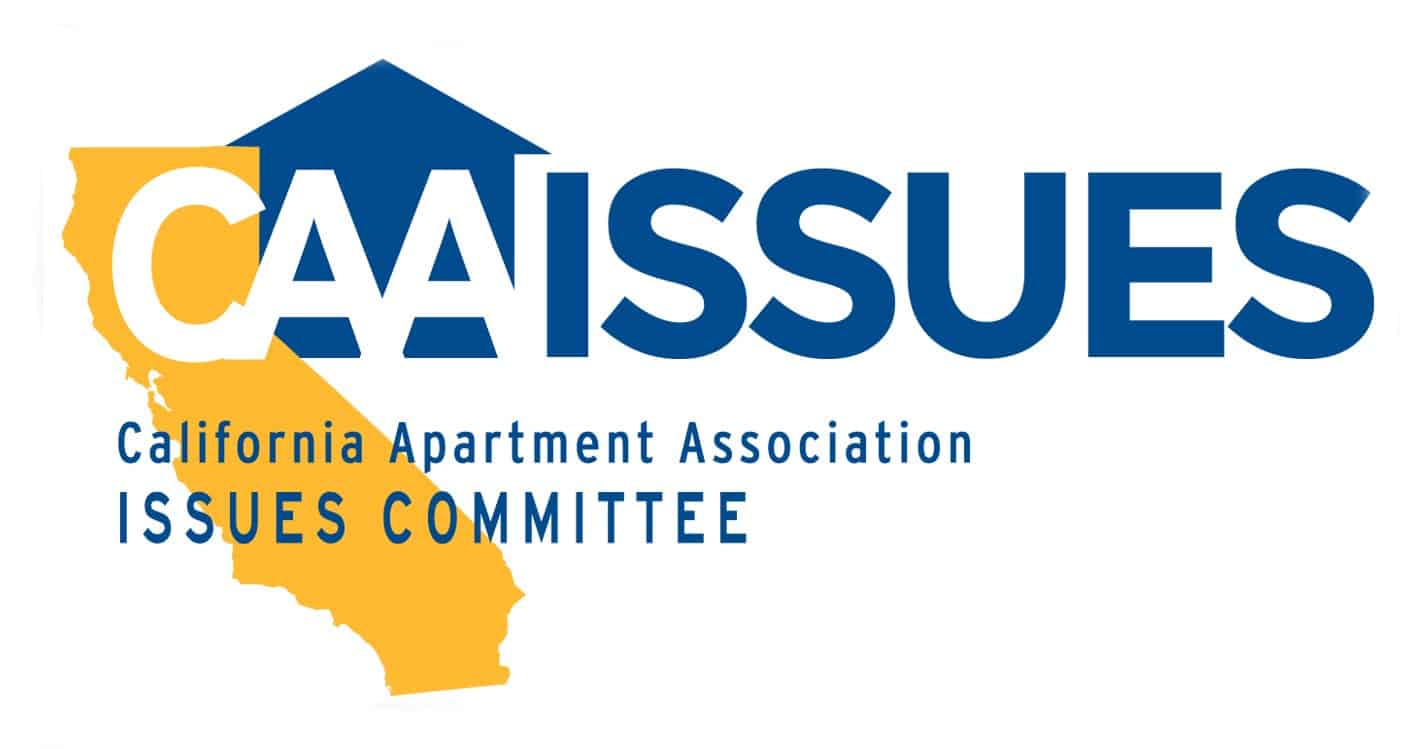The COVID-19 pandemic has prompted the city of Los Angeles to prohibit all rent increases in rent controlled units, approve a far-reaching eviction moratorium, and grant tenants one year to cover unpaid rent.
These actions go well beyond a statewide eviction moratorium ordered last week by Gov. Gavin Newsom.
Mayor Eric Garcetti’ ordered his prohibition on rent increases Monday night, affecting roughly 624,000 rent controlled units. Prior to his order, the annual cap on rent increases for these units sat at 4%, a figure based on the rate of inflation.
The California Apartment Association agrees that landlords should not be increasing rents during the COVID-19 crisis, however, an outright ban on rent increases constitutes unnecessary government overreach. CAA is reviewing the order and possible responses.
Garcetti’s order came just days after the City Council approved a stringent COVID-19 eviction moratorium. Besides banning the eviction of tenants who can’t pay rent because of COVID-19, the measure prohibits all no-fault evictions and gives tenants up to 12 months after the local COVID-10 emergency period to pay any back rent.
“As an industry, we are aware of our unique responsibilities during this worldwide pandemic and have put forth guidelines for all housing operators to help communities get through this crisis,” said Fred Sutton, CAA’s senior vice president in Los Angeles. “We are very concerned, however, that local governments do not grasp the devastating consequences that emergency orders can have when not tailored directly to coronavirus issues or when they lack safety mechanisms for everyone.”
CAA continues to urge property owners across the state to abide by its Safe at Home Guidelines by committing to the following through May 31, 2020:
- Freeze rents on all residents & pledge to not issue any rent increases.
- Halt evictions on renters affected by COVID-19, absent extraordinary circumstances.
- Waive late fees for residents who pay rent after the rent due date because they have been affected by the COVID-19 pandemic and related government actions.
- Offer flexible payment plans for residents who cannot pay rent by the due date.
- Direct renters to available resources to assist with food, health, and financial assistance.
- Communicate with residents proactively that you are available to assist them and want to work with them to ensure they remain housed.

